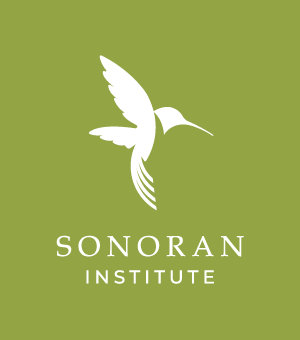From our start in 1990 Sonoran Institute has changed the way the North American West thinks about conservation. By connecting communities to the landscapes and natural resources that sustain them, Stephanie Sklar, CEO, and John Shepard, senior director of programs, have successfully implemented bold conservation plans to restore and revive ecosystems and create resilient communities on both sides of the border. Now that Sonoran is turning thirty, we are reflecting on where they’ve been, what they’ve learned, and what their plans are for the future.
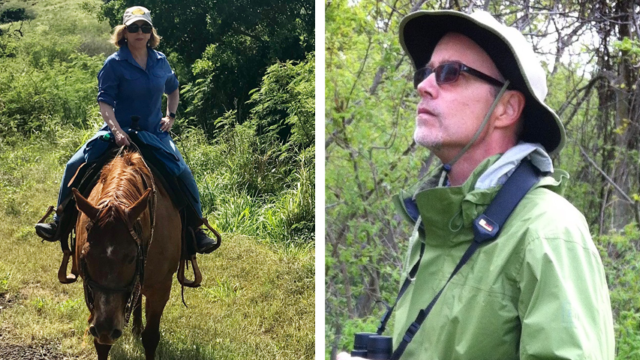
How has Sonoran Institute shaped conservation and impacted the North American West over the last 30 years?
John Shepard: Sonoran Institute is unique in the conservation community because our work starts and ends at the community-level. This was a big shift from my time in D.C. where most conservation advocacy and legislation started and stopped in the Federal City. The notion that enduring conservation happened at a local level, I would say, was met with deep suspicion and skepticism.
The Sonoran Institute was the only organization, that I knew of, changing how we think about and find conservation solutions, and in turn, I think our work has helped to legitimize a whole new approach to effective conservation outreach.
In what ways do the Sonoran’s successes guide your work on future projects?
John Shepard: Well, I think they help to reinforce a couple of things: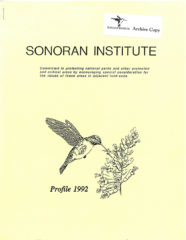
It has really proven that the local level is where you are going to experience innovation, and to a certain extent, success, which I think has given our “bottom-up” approach a lot of merit. Unfortunately, we can only work in so many communities at a time so our work emphasizes the importance of giving communities the tools to self-sustain their own dialogues on conservation. For example, our Growing Water Smart workshops do this by providing an avenue for community leaders to learn and collaborate with other municipality leaders so they have the tools to successfully navigate and adapt to future conservation challenges and have the ability to share their lessons along the way.
How has the mission of the Sonoran Institute evolved over the last 30 years?
Stephanie Sklar: Personally, I think the mission has evolved with the changing environment around us, and I think in order to be effective all organizations need to need to adapt to what’s happening in the world.
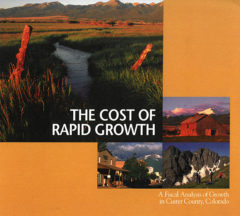 At our start, the basis of our work originally centered around smart growth and finding a balance between booming development, the preservation of our public lands and our natural resources. Today, we continue to communicate this message but with a dual focus directed towards smart growth and natural resource conservation as we face new challenges presented by climate change.
At our start, the basis of our work originally centered around smart growth and finding a balance between booming development, the preservation of our public lands and our natural resources. Today, we continue to communicate this message but with a dual focus directed towards smart growth and natural resource conservation as we face new challenges presented by climate change.
What are the most important elements of our vision for the next five years?
Stephanie Sklar: In order for the organization to be able to accomplish our goals for equity and inclusion, it must be integrated into all aspects of our work. If we do not pay attention to culture, language, and other differences we are not able to function as a truly binational organization. So, as we grow, we want to devote more time to developing relationships on both sides of the border. We want to ensure that natural resources are available for all people and communities, not just some. The voices of the Sonoran Institute should be representative of that.
Second, the West is really a living laboratory for climate change. We’re hotter, we’re drier, and we have finite resources. So, in the coming years, we need to be very strategic about how we both use and conserve these valuable resources–water is one of those resources. There isn’t an area in the West that isn’t touched by water scarcity, and our future depends on the decisions we make today around water and watershed conservation because without water there really is no West.
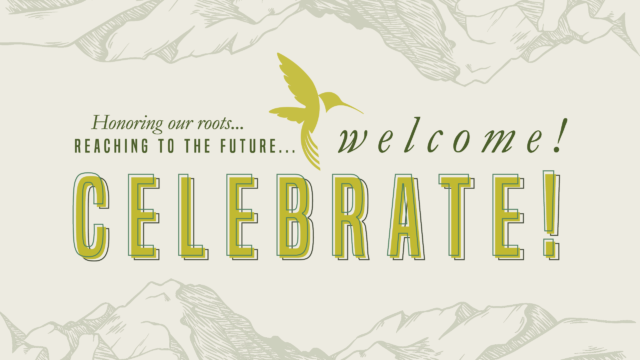
What are the most important elements of the vision for the Sonoran Institute in the next five years going forward?
John Shepard: For the past 30 years, all of our work has been centered around an ongoing theme: change.
The meaning of change has really shifted. When we first started change was focused mostly around growth, land-use changes, and how the characteristics of the community and landscape would be impacted. But now, of course, the overarching issue around change is climate change, and the biggest issue climate change presents in the arid environment of the West, not surprisingly, is water.
The rivers of the West provide significant community and environmental benefits, but due to our arid environment, many of our rivers are dry. We feel that focusing on restoration and revival of the Colorado River Delta and the Santa Cruz River are key. They can offer lessons and hopefully inspiration for other communities in the West that are looking to restore their rivers and streams.
Blog Post By: Grace Wofford, Marketing Communications Intern
